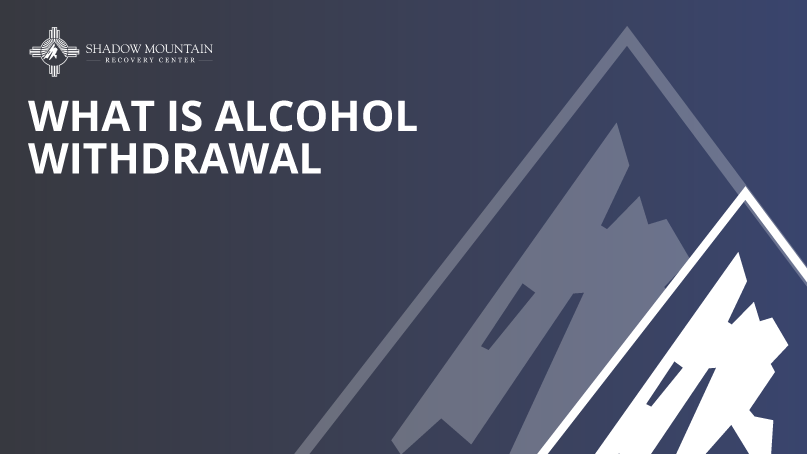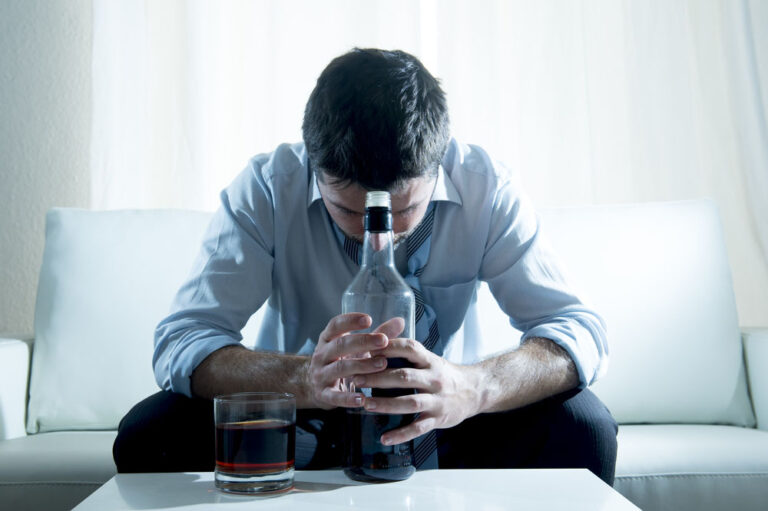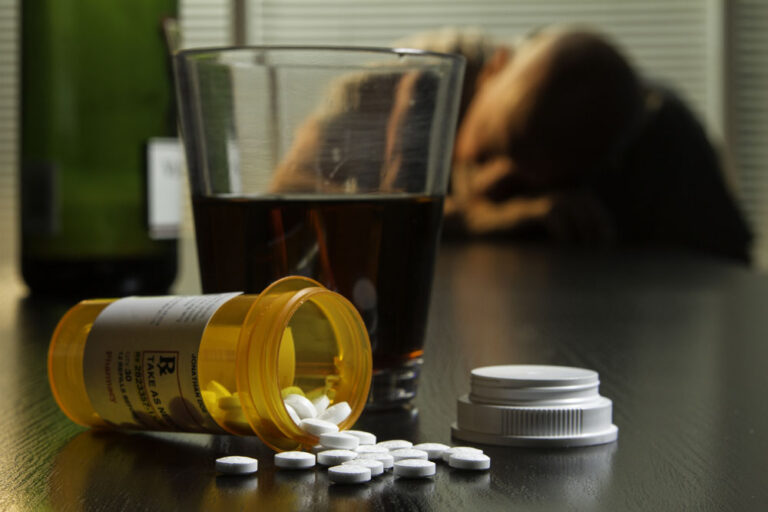Alcohol Withdrawals
Alcohol withdrawal happens when a person that regularly consumes a significant amount of alcohol stops drinking. Chronic alcohol use causes the body’s nervous system to be constantly on high alert. This doesn’t change overnight when a person stops drinking, causing the experience known as alcohol withdrawal as the body readjusts to the “new” normal.
How Much Do I Have To Drink To Get Withdrawals
Experiencing alcohol withdrawal depends on several factors such as health, weight, biological sex, how long a person has been drinking, and the amount they consume. If you are someone who drinks alcohol every day, there is a good chance that you will experience withdrawal symptoms to some degree if you cease alcohol consumption.
Signs Of Alcohol Withdrawal
If you have recently gone from a significant amount of alcohol consumption to no alcohol consumption, you will know that you are experiencing withdrawal from the physical symptoms. Someone going through withdrawal may appear to be sweaty or even have shaking hands. Often withdrawal affects a person’s mental health as well, causing a person to be more anxious than usual. A person needs to have a plan for this period. Drinking alcohol will stop the symptoms from occurring, so this is a time when it is most tempting to drink. However, after this initial period, recovery becomes easier once your body relearns what it is like to function without alcohol.
Common Withdrawal Symptoms
Alcohol withdrawal is often described as experiencing a bad case of the flu, with many of the same symptoms. If you are planning to quit drinking, and you have been consuming a significant amount of alcohol, you can expect the following symptoms:
- Sweating
- Elevated pulse
- Nausea
- Vomiting
- Headaches
- Depression
- Anxiety
- Irritability
- Insomnia
These are very unpleasant symptoms, but the health benefits of ending your drinking will be significant to your physical, mental, and emotional health.
Timeline Of Alcohol Withdrawal Symptoms
It is likely that your symptoms will start around 6 hours after your last drink. The early symptoms that you can expect to experience are:
- Shaky hands
- Anxiety
- Insomnia
- Nausea and vomiting
- Headache
- Sweating
As time progresses, withdrawal symptoms are likely to get worse. It is not uncommon for those with severe alcoholism to experience flu-like symptoms 12-24 hours after they stop drinking. Also within 48 hours of a person’s last drink, they could experience seizures. Between 48-72 hours around 5 percent of those who withdraw from alcohol experience delirium tremens, which are vivid hallucinations and delusions. During this final stage of withdrawal a person is also likely to experience:
- Increased heart rate
- High blood pressure
- Fever
- Increased sweating
- Confusion
Causes Of Alcohol Withdrawal
Alcohol withdrawal is the result of someone who drinks heavily ending their drinking. During this time their body is learning to function without alcohol, having adapted to the presence of alcohol in a person’s system. The withdrawal symptoms experienced will be dependent on the health of the individual and the amount that they have been drinking. If you were to drink heavily for several days in a row, you may experience mild withdrawal symptoms when you stop. If you have been drinking heavily for years, you can expect to experience more severe withdrawal symptoms.
Diagnosing Alcohol Withdrawal
If a healthcare provider thinks you might be experiencing alcohol withdrawal, they’ll ask you questions about your history of alcohol use and how recently you stopped. They may also ask if you have gone through alcohol withdrawal before. Finally, they will want a breakdown of the symptoms you are experiencing. They will examine you for other conditions that could be contributing to the symptoms. It is important that you are honest about these questions so that your doctor can best assist you. It can be difficult to discuss alcohol use, but remember, your doctor needs good information to provide you with the best treatment.
When To Seek Help
Some individuals can withdraw from alcohol use at home. Typically the best way to accomplish this is to plan and create an environment with quiet, low light, easy access to healthy food and water, and limited contact with people. Supportive people in your life should be available if you have a serious need. However, the most recommended way to experience withdrawal is inside a licensed treatment center. Inside a treatment center, you will be made comfortable while you experience withdrawal symptoms. You will not have easy access to alcohol, meaning that there is less of a temptation to drink and end the difficult symptoms of withdrawal.
Staff in a treatment center can provide you with medications that will reduce symptoms and cravings so you can more easily endure the withdrawal period. Finally, while rare, some symptoms of withdrawal can be life-threatening. If the worst happens, experiencing withdrawal in a treatment center guarantees that you will be surrounded by people who know the best way to care for you in an emergency.
Alcohol Withdrawal Treatment, Coping & Prevention
Alcohol withdrawal treatment is just the first step in the recovery process. For many individuals, further treatment is required to address the root causes behind alcohol use. Many people who use alcohol quit, and successfully go through the withdrawal period, only to start using alcohol again. Seeking further alcohol use treatment can equip a person with the skills needed to overcome alcohol use and seek wellness.
During residential treatment, a person will live onsite at a treatment center 24/7 for an extended period of time. During this time a person will live in a highly structured environment with around-the-clock care. They will participate in therapy, attend support groups, and learn ways to address their struggles without the use of alcohol or other substances.
Some individuals may choose to participate in outpatient treatment for alcohol use disorder. This method of treatment means that a person will live at home, but participate in services provided at the treatment center. This is a good option for individuals who are transitioning back to their usual lives after residential treatment, or for people who want the flexibility to continue important responsibilities such as work or school while receiving treatment.
Get Help For Alcohol Withdrawals Today
If you are ready to experience detoxification for alcoholism and get the treatment you need, call Shadow Mountain at (855) 596-0196. Our staff can work with you to determine the treatment options that will best help you to leave alcohol use behind and achieve recovery!










